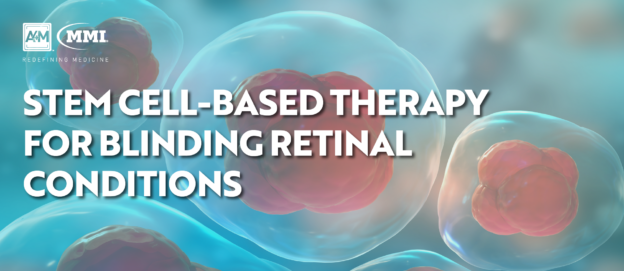One of the primary limitations of stem cell treatment and the subject of ongoing research is the challenge of directing stem cells to their necessary destination in the body which has been a subject of ongoing research. Prior studies have discovered that stem cells are drawn to inflammation in the body, however, using this as a therapeutic lure still poses risks. Thus, researchers continue their search for tools that would aid stem cells in their migration and conversion into specific types of cells necessary for optimal treatment. The ability to do so would have a wide range of implications for regenerative medicine as well as the treatment of disorders in which inflammatory signals fade over time, such as chronic spinal cord injury, stroke, or conditions in which the role of inflammation remains unknown. Continue reading


